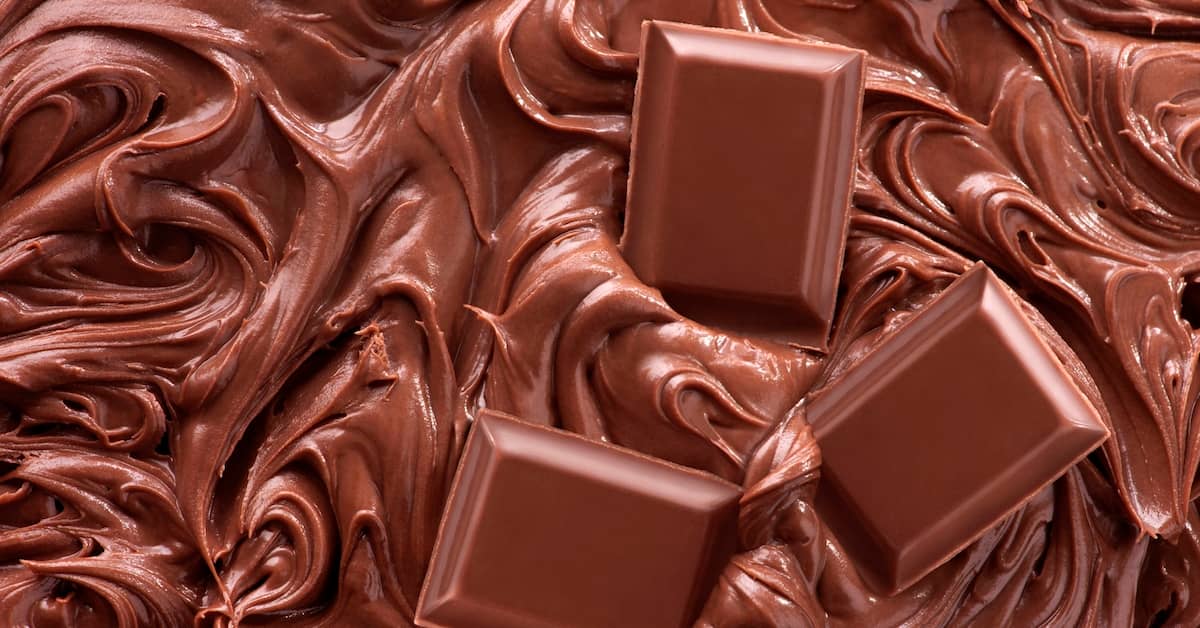
Better Cognitive Function
Before the latest findings, two population studies released in 2016 had already pointed to the same conclusions. In the first, published in the Journal of Alzheimer's Disease, researchers from Portugal enrolled 531 people aged 65 or over with healthy cognition. The researchers asked them about their diet and history of eating chocolate. Two years later, after adjusting the findings to take into account age, education, smoking, alcohol, body mass index, hypertension, and diabetes, it turned out the amount of chocolate these people ate was associated with a lower risk of cognitive decline. The authors believe this was the first study of its kind to show such an association. In the second study, 968 men and women aged 23 to 98 took part. They were given an extensive battery of neuropsychological tests. Even after accounting for cardiovascular, lifestyle and dietary factors, chocolate intake was associated with better cognitive function.Enhanced Neuroplasticity
At the Experimental Biology conference, San Diego, just a couple of months ago, Dr. Lee S Berk form Loma Linda University presented the findings of the first human clinical trials. Five people aged between 22 and 40 were given 1½ to 1¾ ounces of dark chocolate containing at least 70% cocoa solids. The researchers then scanned their brains 30 minutes and two hours later. The chocolate caused an increase in the frequency of gamma waves. These reduce stress, improve mood, and enhance neuroplasticity (the ability of neural circuits to adapt, repair and survive). These waves are also generated during cognitive processes, meaning it’s possible they also boost memory. In another experiment, the scientists looked for changes in gene expression and immunity. They found the consumption of chocolate upregulated many pathways within cells involved with the activation of the immune system’s T-cells, cellular immune responses and genes involved with brain cell signaling and sensory perception. The last benefit could potentially be linked with brain hyperplasticity (generating and strengthening neural pathways). Commenting on the findings, Dr. Berk said, "This is the first time that we have looked at the impact of large amounts of cacao in doses as small as a regular-sized chocolate bar in humans over short or long periods of time, and are encouraged by the findings. "These studies show us that the higher the concentration of cacao, the more positive the impact on cognition, memory, mood, immunity and other beneficial effects.”What’s the Ingredient that Does All This?
The brain benefits of cacao derive from its flavonoid content, particularly a sub-class called flavanols in the form of epicatechin and catechin. (You may remember that catechins also figure in the benefits of green tea.) The two chocolate catechins increase nitric oxide to improve cardiovascular and brain function. Flavanol-rich cocoa has also been shown to improve cerebral blood flow. To reap the benefits of chocolate, make sure it contains at least 70% cocoa. Higher percentages are available right up to 100%, although at this level it's bitter and not to everyone's liking. But it does pack a powerful flavanol punch. These days the secret of dark chocolate is out, and it’s easy to find a variety of candy bars that contain anywhere from 70 to 92 percent chocolate. I’ve only seen 100% chocolate in baker’s chocolate, found in the baking section of the store.- https://www.ncbi.nlm.nih.gov/pubmed/27163823
- https://www.ncbi.nlm.nih.gov/pubmed/26873453
- https://www.ncbi.nlm.nih.gov/pmc/articles/PMC5432604/
- https://news.llu.edu/for-journalists/press-releases/new-studies-show-dark-chocolate-consumption-reduces-stress-and-inflammation-while-improving-memory-immunity-and-mood
